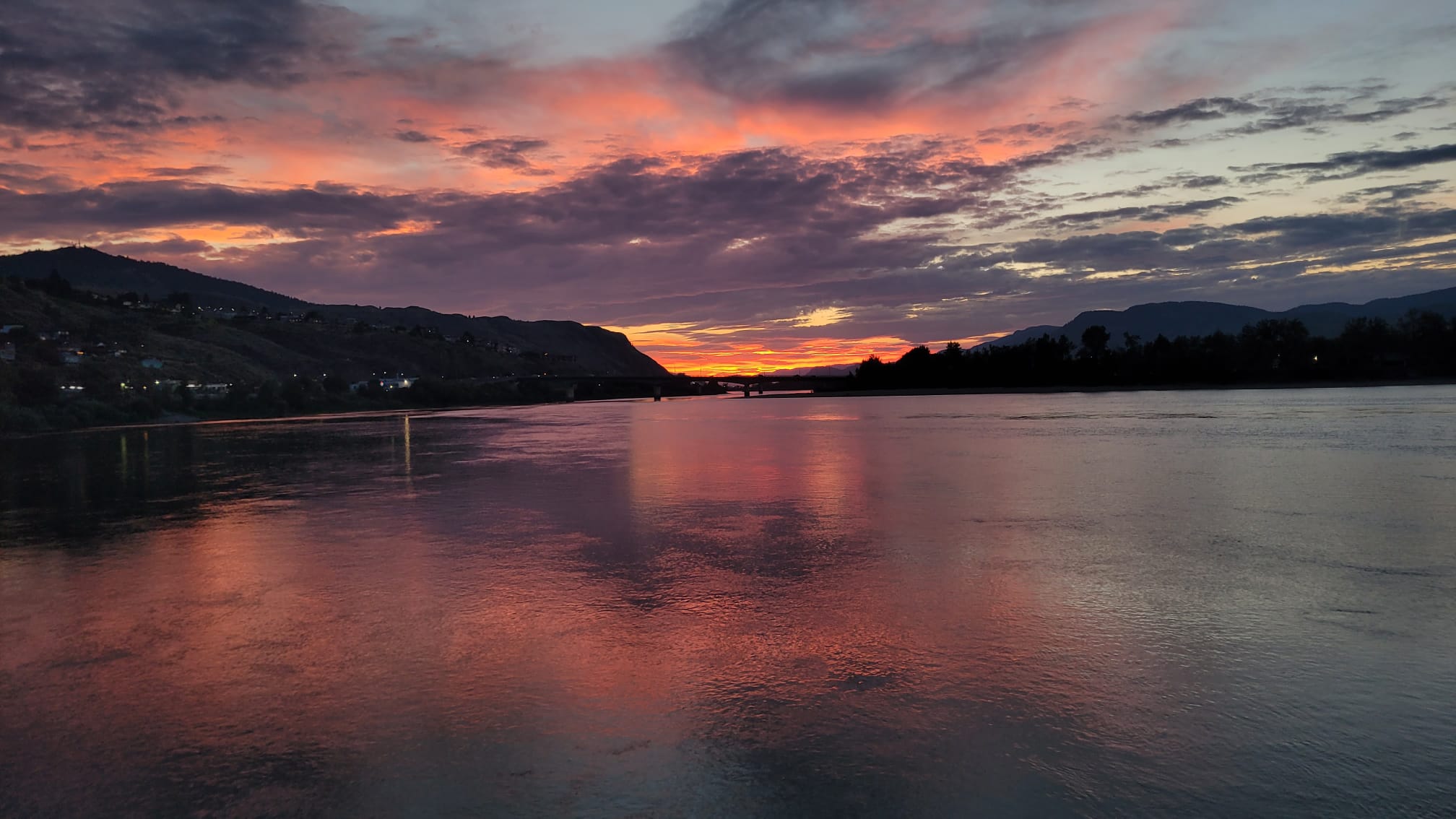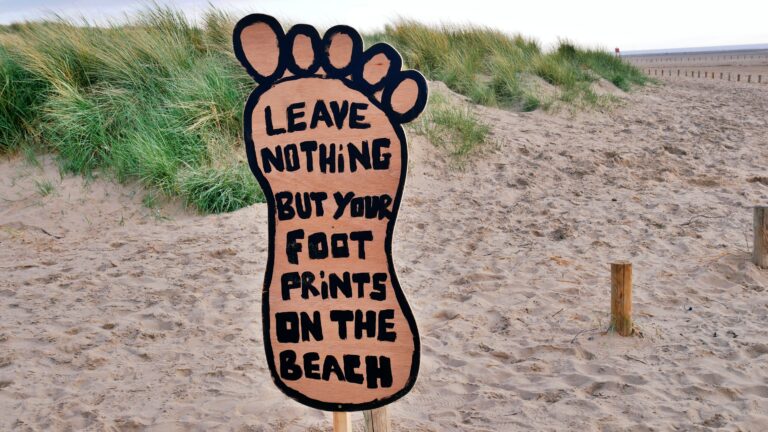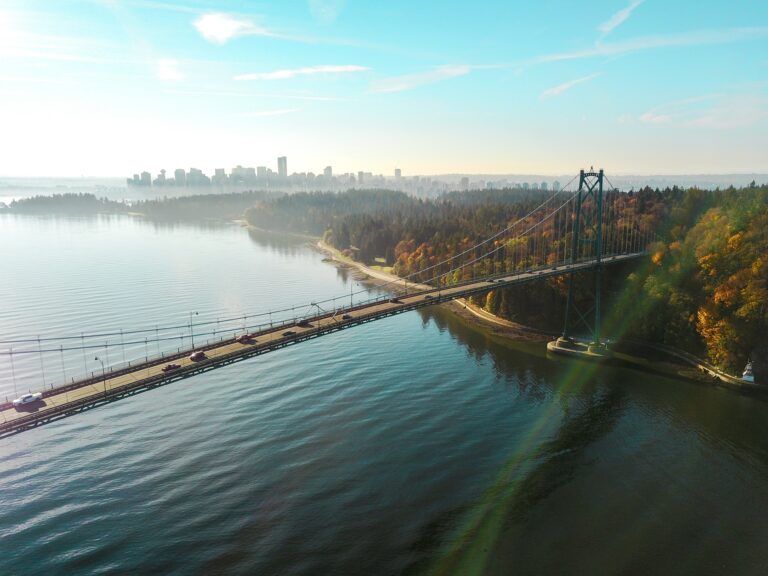Tourism: Encouraging Environmental Conservation or Exploitation?
As of 2020, tourism is said to be one of the biggest industries that is generating around 9.5% of the world’s total Gross Domestic Product. Research shows that about 11% of all jobs are directly or indirectly related to tourism.
Statistics predict that the year 2030 will record approximately 1.8 billion tourist arrivals.
While tourism is a major contributor to a nation’s cash economy and brings clear economic benefits to the minorities involved in this trade;
What does this mean for the environment?
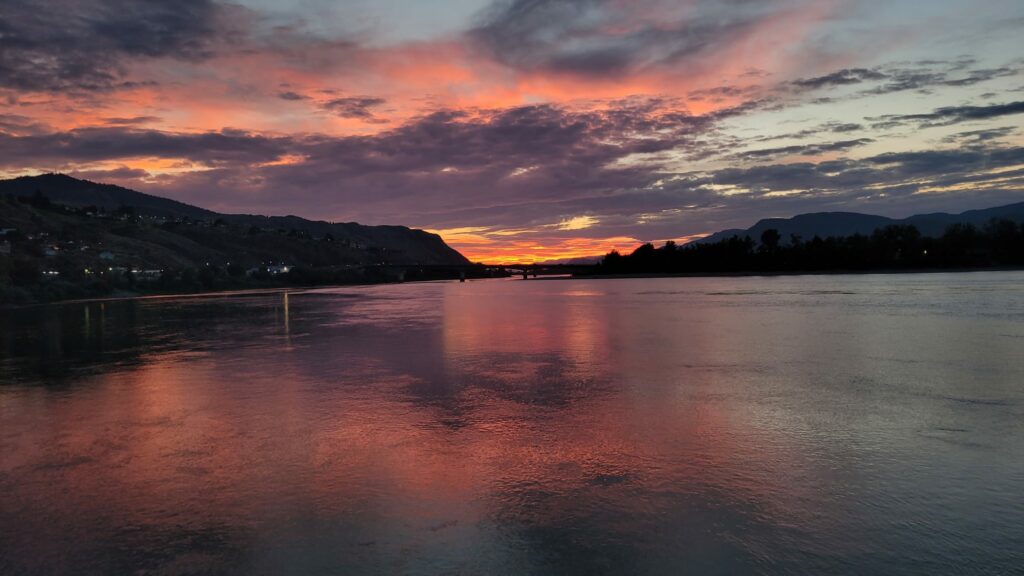
Often, tourists sacrifice the earth for convenience. Whether it be through the knowledge that they won’t have to deal with their repercussions or just laziness, tourism is the main contributor to littering in society, especially in areas of higher interest. Tourists alone are estimated to generate 4.8 million metric tonnes of waste; 77% of all ship waste comes from cruise ships carrying tourists who illegally dump their trash into the sea. Sizeable jumps in global CO2 emissions occur parallel to spikes in yearly tourism, leaving higher trace amounts of NOx and PM10 in the air.
Tourism also increases water scarcity. Tourists drink three times as much water as locals, and that’s not to mention the amount spent showering, cleaning, wasting, and flushing.
Is There an End to This?
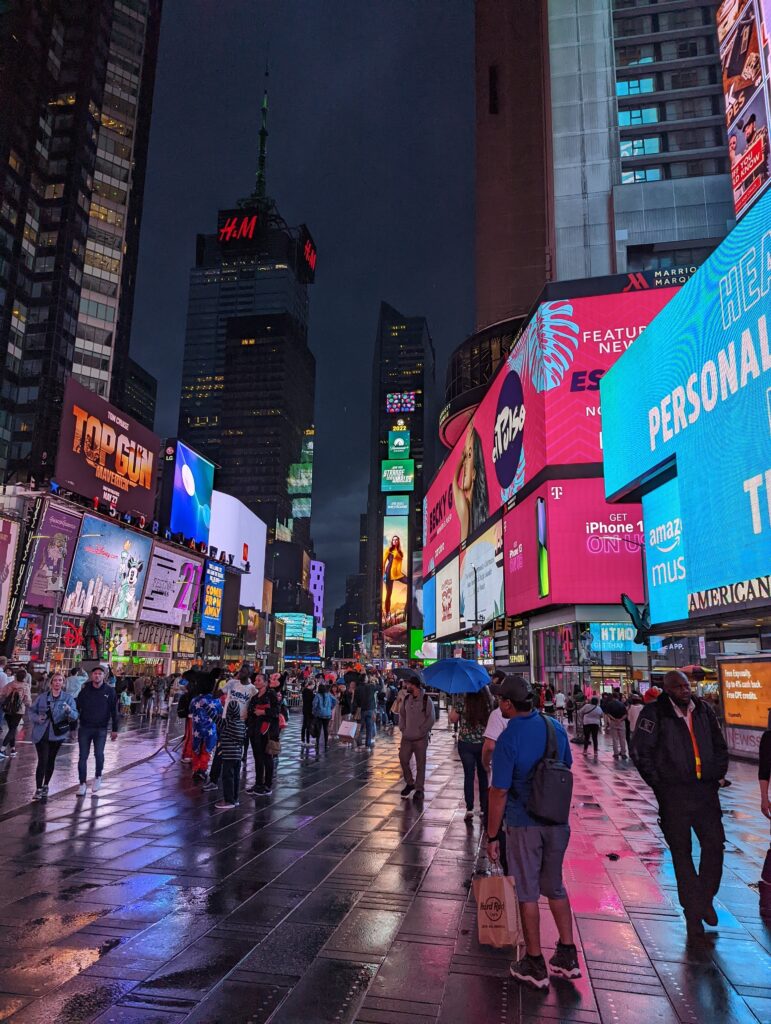
Tourism is only getting bigger and
the consequences of this mindlessness are leading to global warming and photochemical pollution. Noise from cars and planes disrupts animals’ natural activity patterns. Mass tourism on mountain trails tramples over fauna and depletes natural resources that animals need, and the demand for transient housing leads to poorly planned land development. Furthermore, increased sewage dumped in the water bodies creates algae that suffocate coral reefs. Due to lack of infrastructure, over-tourism suffocates the economy during peak seasons as it cannot adjust to higher levels of demand for food and material, leading to inflation and market overcrowding.
Heres what you can do to encourage environmental conservation while having fun!
- While hiking ensure to not leave garbage, be a responsible tourist, by carrying useable containers for food and water.
- Visit Zoo’s/ wildlife charities as these organizations raise money for animal rescues and rehabilitations.
- Visit Museums/art exhibitions. support these places as they often donate their ticket sales to charities.
- Participate in a local event like a beach clean-up as they are a fun way to raise awareness for climate issues.
- Support local/ eco-friendly businesses just by shopping with them.

Overall we’ve learnt that…
Tourism is a double edged sword. Without tourism, our global economy would plummet and many would be left jobless. It also promotes diversity and societal awareness, breaking down stereotypes and changing people through experience. Though it damages our planet and lowers quality of life everywhere, it is still possible to make reformations for it to be less harsh on our environment.
If each one us becomes a responsible tourist and choose environmental conservation over exploitation, we can save our favourite locations from being loved to death!
References:
Investigates air transport demand on global, & crisis, A. P. to the C. O. V. I. D.-19. (2020, November 1). The global scale, distribution and growth of aviation: Implications for climate change. Global Environmental Change. Retrieved January 29, 2023, from https://www.sciencedirect.com/science/article/pii/S0959378020307779
Tourism’s Plastic Pollution Problem. One Planet network. (n.d.). Retrieved January 29, 2023, from https://www.oneplanetnetwork.org/programmes/sustainable-tourism/global-tourism-plastics-initiative/tourisms-plastic-pollution-problem
Zhang, J., & Lu, Y. (2022). Exploring the Effects of Tourism Development on Air Pollution: Evidence from the Panel Smooth Transition Regression Model. International journal of environmental research and public health, 19(14), 8442. https://doi.org/10.3390/ijerph19148442

